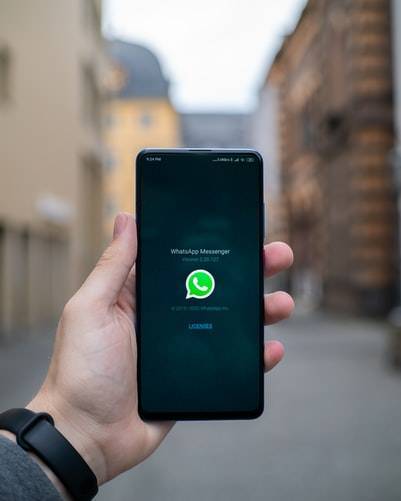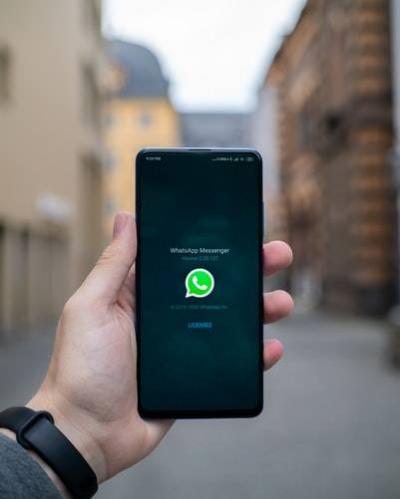Scams on the WhatsApp application are not a new issue, as users have repeatedly been warned to exercise caution regarding certain messages that may endanger their personal data. A new warning for users of the app has been issued regarding a scam that employs a highly deceptive method to trick users into handing over significant amounts of money. Scammers appear to be using emotional blackmail in an attempt to coerce WhatsApp users into giving up these sums, according to a report circulated by several foreign websites, including "Teller Report."
Emotional Exploitation
A user named Allison recently fell victim to one of these modern scams through a message that appeared on her phone, claiming to be from her son. The first message read, "Hi Mom, I dropped my phone in the toilet (sad face emoji), this is my new number." Allison stated that she did what most parents would do and immediately responded, questioning if it was really her son. She quickly received a message confirming his identity. However, the next day, a person claiming to be her son sent her a message asking for £2,600, explaining that he needed to repay a certain loan.
Requesting Money
Allison confirmed that she did not suspect the message for a moment, but she tried to contact her son again at the number she received to ensure everything was okay. However, every time she called, the person on the other end told her that he couldn’t talk and pressured her to quickly send the money. After her anxiety increased, she agreed to pay, but fortunately, she indicated to him that she forgot to click on the final payment confirmation. At that point, the scammer asked her to send a picture to prove the payment, which raised her suspicions.
Catherine Hart, the chief officer of the technology company CTSI, told BBC Radio 4 that this is not the first time she has seen this type of message, noting that it is particularly deceptive. She added that scammers are experts at exploiting the emotional vulnerability of the public, highlighting this as a particularly malicious example. She also advised users to always be cautious and suspicious when receiving such messages, especially when it comes to money.




